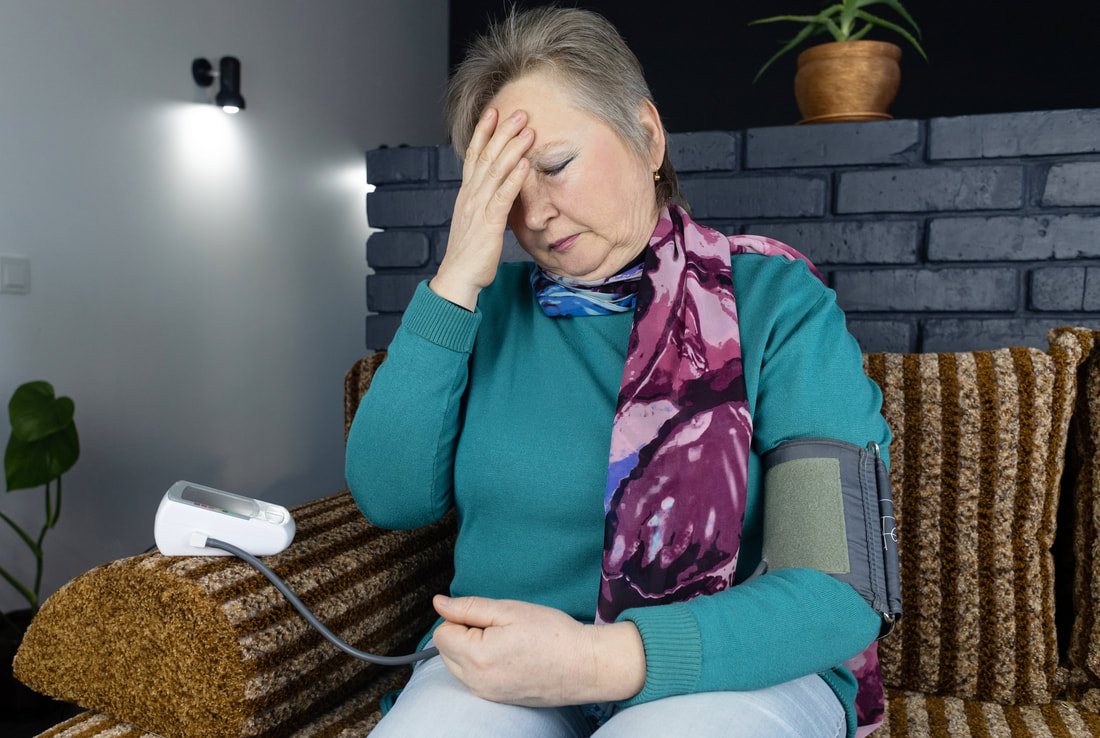|
One of the major problems with online self-diagnosis is that it may prevent you from seeking actual help from a mental health professional. For example, someone may read a few web pages and diagnose themselves with an anxiety disorder. They read that Xanax is used to treat anxiety and panic attacks; therefore, Xanax can solve their problems. Some people will even come up with stories (ie: fear of flying) in order to “trick” their primary care doctors to prescribe it to them.
The fact is, many mental health conditions are not black and white. Only a professional knows what medication could safely help your unique case. Sometimes, medication is not needed at all and a therapist can assist you. The correct tool for mental illness is not always medication, but in certain circumstances, medication is advised. For a proper evaluation for medication, you will need to seek the expertise of a psychiatrist. Given the complexity in many diagnoses along with misinformation on the internet, someone can simply look up a few keywords and think they have a mental health diagnosis that may not be accurate. When someone clicks link after link about symptoms related to mental health it can quickly spiral into a vast array of either first-person experiences, or unreliable sources, which can lead to more confusion. It’s important to remember that what is on the internet is not always written by a credible mental health professional or even a doctor. Each person is unique in their diagnosis. You should not be diagnosing yourselves, or even worse, treating yourselves when you are not 100% sure what is actually going on. Mental health conditions need professional attention, whether it’s in the form of therapy, medication, or both. Also, you should never try to buy psychiatric medication on the street or online — the only safe way to get medication is through a pharmacy. You may even become overly frightened by what you read or, conversely, not seek help if you read something that says there is nothing to worry about. Googling Symptoms Can Create Hypochondriacs While hypochondriacs (people with health anxiety who often believe that they have something seriously wrong with them) are most likely to be Googling their symptoms, their mental health is probably most at risk when searching for symptoms and self-diagnosing. All this Googling can cause your thoughts to spiral into catastrophic thinking, worst case scenarios, and a vicious cycle of anxiety. Once you’re in the cycle, it can really be hard to stop. Even though you might originally find it soothing to look into your symptoms and find “answers,” it can backfire and make you more scared — maybe unnecessarily. Remember that many mental health and physical health conditions have overlapping symptoms. And as mentioned earlier, mental health conditions especially are not black and white. Reading about symptoms that are more general than specific can easily lead someone to believe they have a particular mental health condition. With the overwhelming amount of information available at our fingertips for someone who struggles with hypochondria or health anxiety to google something they are thinking or feeling physically or emotionally will likely overwhelm them with concerns about diagnoses they do not actually have while increasing their overall anxiety. So, if you think you might have a mental health condition based on your online research, make an appointment with your general practitioner or a mental health professional to be thoroughly assessed. How to Stop the Behavior While it’s hard to break the habit, and you might not even want to break the habit, it’s not healthy to continue. The longer you look for health answers online, the harder it’ll be to break the cycle later. Use a Distraction Another technique to keep you from self-diagnosing is distraction. When you feel like searching up symptoms on Google, distract yourself by doing something else — going for a run, calling up a friend, watching some funny videos, whatever will get you out of your head. Additionally, you may want to look at your behavior and dig a little deeper into your psyche. On a practical level, I would suggest asking yourself questions about what else you might be worried about. You may be manifesting that anxiety by Googling symptoms. Talk to a Professional If you’re having trouble limiting or stopping the behavior, you should strongly consider speaking with a mental health professional. Being able to openly discuss your concerns and fears with a therapist in a safe setting with reliable information can greatly decrease health anxiety and hypochondria symptoms. When these thoughts and feelings are spiraling around in your head it can be overwhelming, but when shared in a safe space with a therapist they can be sorted out together. You don’t have to feel ashamed if you’re prone to Googling symptoms and self-diagnosing. Many people do it. You aren’t alone. However, we must realize that although the situation is common, it’s not healthy. Diagnosing ourselves (and others) can be dangerous. If you think you might be suffering from a mental health condition, don’t hesitate to reach out to a professional for a real diagnosis so you can get on the right path to feeling better immediately. Getting Help If you are a resident in Georgia or Indiana, I provide counseling services in a safe and private setting to help bring healing to you on an individual level. Please contact me today to schedule an appointment.
0 Comments
Your comment will be posted after it is approved.
Leave a Reply. |
AuthorDORICE NEIR Archives
March 2024
Categories |

 RSS Feed
RSS Feed